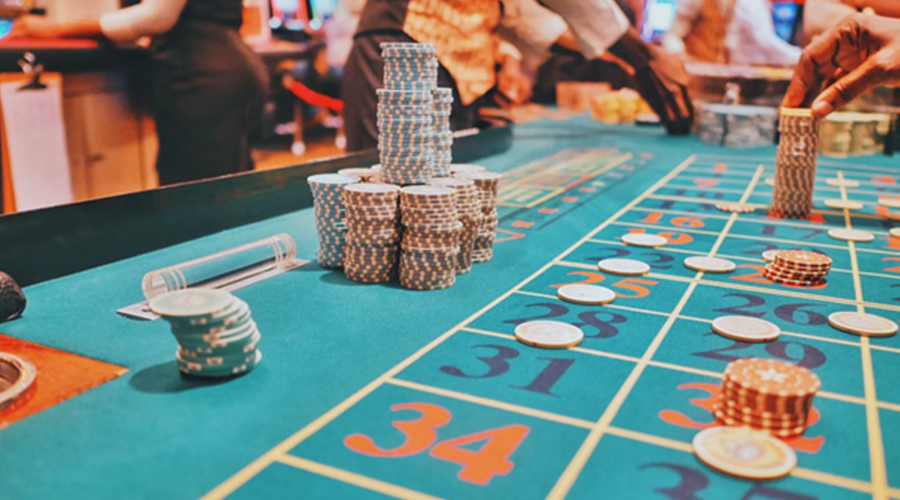
Mastering the Basics: Essential Poker Tips for Newbies
Poker, a blend of strategy, psychology, and sheer luck, has captivated millions globally. For beginners, the world of poker might seem complex, but with the right guidance, the journey can be both thrilling and rewarding. This guide aims to offer foundational advice for novice players to navigate the poker waters confidently.
Understanding Poker’s Essence
Before diving into strategies, it’s vital to comprehend the core of poker. It’s not just about cards; it’s a game of human interaction, decision-making, and intuition.
More than Just Cards
While the cards you’re dealt matter, poker is largely about reading opponents, understanding betting patterns, and making decisions based on incomplete information.
The Importance of Position
Being ‘in position’ means you act after your opponent, which gives you a vital information edge. The best seats at a poker table are usually the ‘late’ positions as they provide more strategic opportunities.
Building a Solid Strategy
As with any game, having a strong foundational strategy is paramount. It offers direction and reduces the chances of making novice mistakes.
Starting Hand Selection
One of the primary decisions in poker is choosing which hands to play. For beginners, it’s advisable to play conservatively, sticking to premium hands initially.
Observing Opponents
Keeping an eye on opponents’ habits can provide valuable insights. Watch for patterns, betting sizes, and ‘tells’ – unconscious behaviors that can give away information about a player’s hand.
Common Pitfalls to Avoid
While learning strategies is essential, being aware of common mistakes can save you chips and embarrassment.
– Playing Too Many Hands:
Novices often play more hands than they should, which leads to unnecessary losses. Discipline in hand selection is crucial.
– Emotional Play:
Poker can be emotionally taxing, especially after a bad beat. However, making decisions based on emotions rather than logic can be detrimental.
– Overconfidence:
Winning a few hands can be exhilarating, but it’s essential to stay grounded. Overestimating one’s skills can lead to reckless decisions.

The Importance of Bankroll Management
Your poker bankroll is the amount of money you’ve set aside exclusively for poker. Managing it wisely is vital for long-term success and mental peace.
Set Limits and Stick to Them
Determine how much you’re willing to risk in a session and avoid exceeding that limit, regardless of how the game unfolds. This ensures sustainability and reduces the risk of significant losses.
Continual Learning and Growth
Poker is a dynamic game, with evolving strategies and player behaviors. To keep up and continually improve, it’s essential to stay updated and be open to learning.
Study and Review
Reviewing your play sessions, reading poker literature, and discussing hands with more experienced players can provide invaluable insights and growth opportunities.



